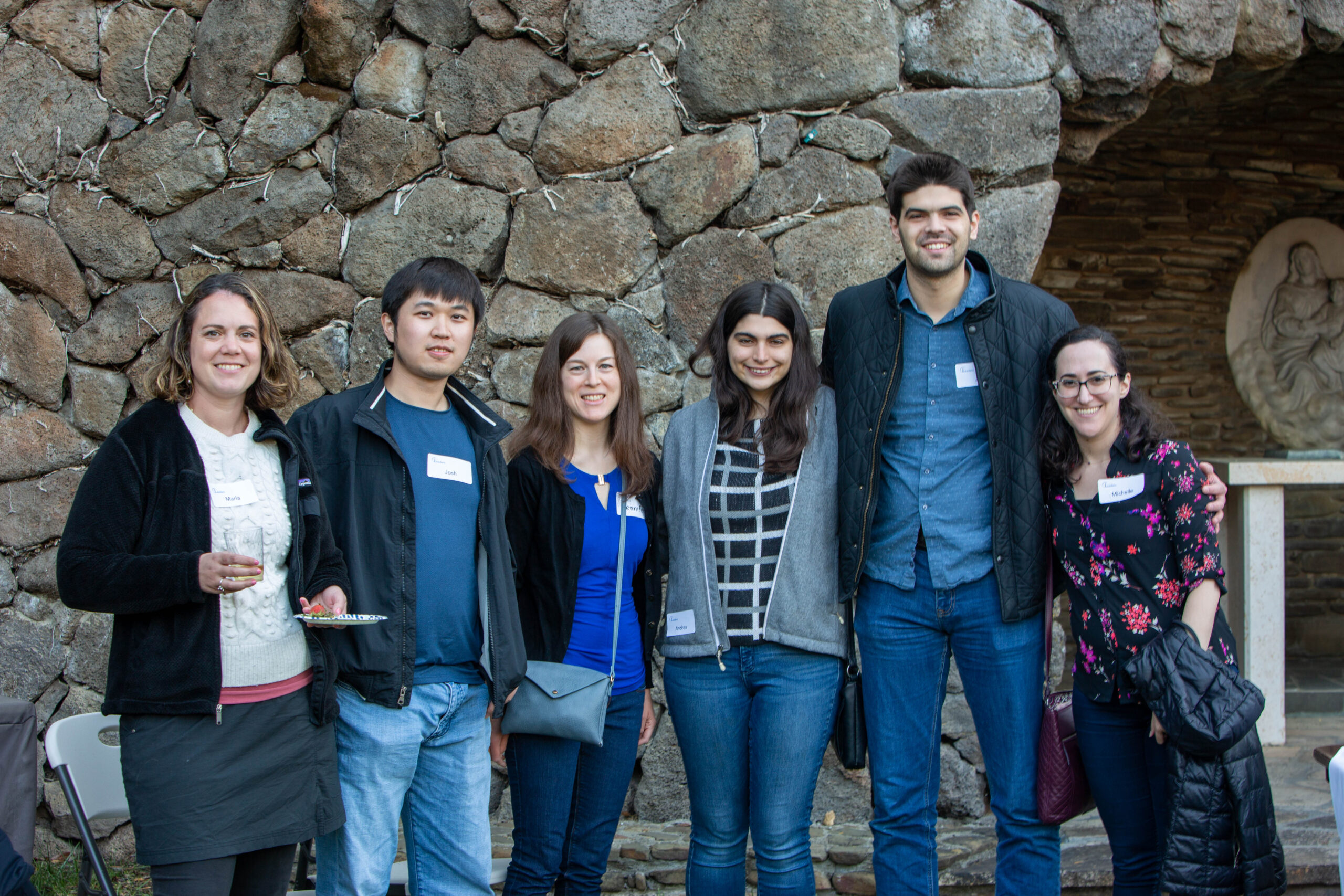By Alex Bolotovsky, CEO of J Leaders
Parsha in a Nutshell
In Ha’Azinu (Deut. 32:1–52), Moses delivers his final words in poetic form, a sweeping song about Israel’s past, present, and future. He calls heaven and earth as witnesses, recounts God’s care, warns of the dangers of complacency, and promises that even in failure, renewal is possible. It’s not a law code, it’s a song: a legacy designed to echo long after Moses is gone.
Digging Deeper
1. The Power of Story and Song
Moses doesn’t leave behind another list of rules. Instead, he leaves poetry, something easy to remember, recite, and pass down (32:44–47). The leadership move here? Facts fade, but stories and songs stick. Leaders who frame their vision in ways people can carry forward ensure the message survives beyond their presence.
2. Honesty About Highs and Lows
The song isn’t sugarcoated. It recalls failures, warns of disloyalty, and admits people will stumble (32:15–20). But it also promises return and healing (32:36–39). Moses models leadership that’s honest about flaws without losing hope. That’s what builds trust: acknowledging struggle while pointing toward renewal.
Leadership Takeaway
Legacy leadership isn’t about control. It’s about creating words, stories, and practices that live on when you’re no longer in the room. People remember not just what you did, but how you framed it in a way they could carry.
Weekly Leadership Challenge
- Find your “song”: Write down one short, memorable phrase that captures a value or vision you want others to remember.
- Tell the whole truth: Share a story this week that includes both challenges and resilience, not just the shiny parts.
- Pass it on: Teach or share something you care about with someone else.

